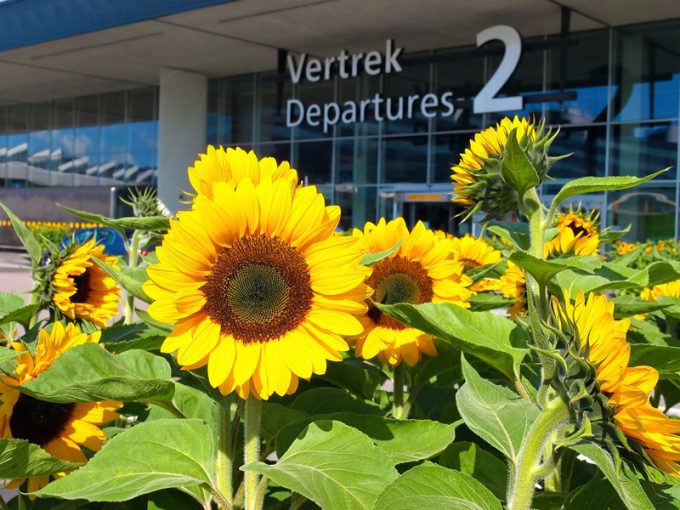Greener shipping – 'further work needed', but all still to play for
Last week’s International Maritime Organization (IMO) ISWG-GHG 18 meeting left little decided and much still ...

The furore over Schiphol’s plans to cut slots to appease locals and quell noise, has led to some dissatisfaction over the appointment of ex-union firebrand Joost van Doesburg as head of cargo.
Mr van Doesburg has always been a passionate supporter of the causes he is employed to take up, which in part explains local shippers’ disappointment that the former employee of the European Shippers Council is not fighting their corner, as might have been expected.
But in fact, the problem may ...
Asia-USEC shippers to lose 42% capacity in a surge of blanked sailings
USTR fees will lead to 'complete destabilisation' of container shipping alliances
New USTR port fees threaten shipping and global supply chains, says Cosco
Outlook for container shipping 'more uncertain now than at the onset of Covid'
Transpac container service closures mount
DHL Express suspends non-de minimis B2C parcels to US consumers
Zim ordered to pay Samsung $3.7m for 'wrongful' D&D charges
Flexport lawsuit an 'undifferentiated mass of gibberish', claims Freightmate

Comment on this article